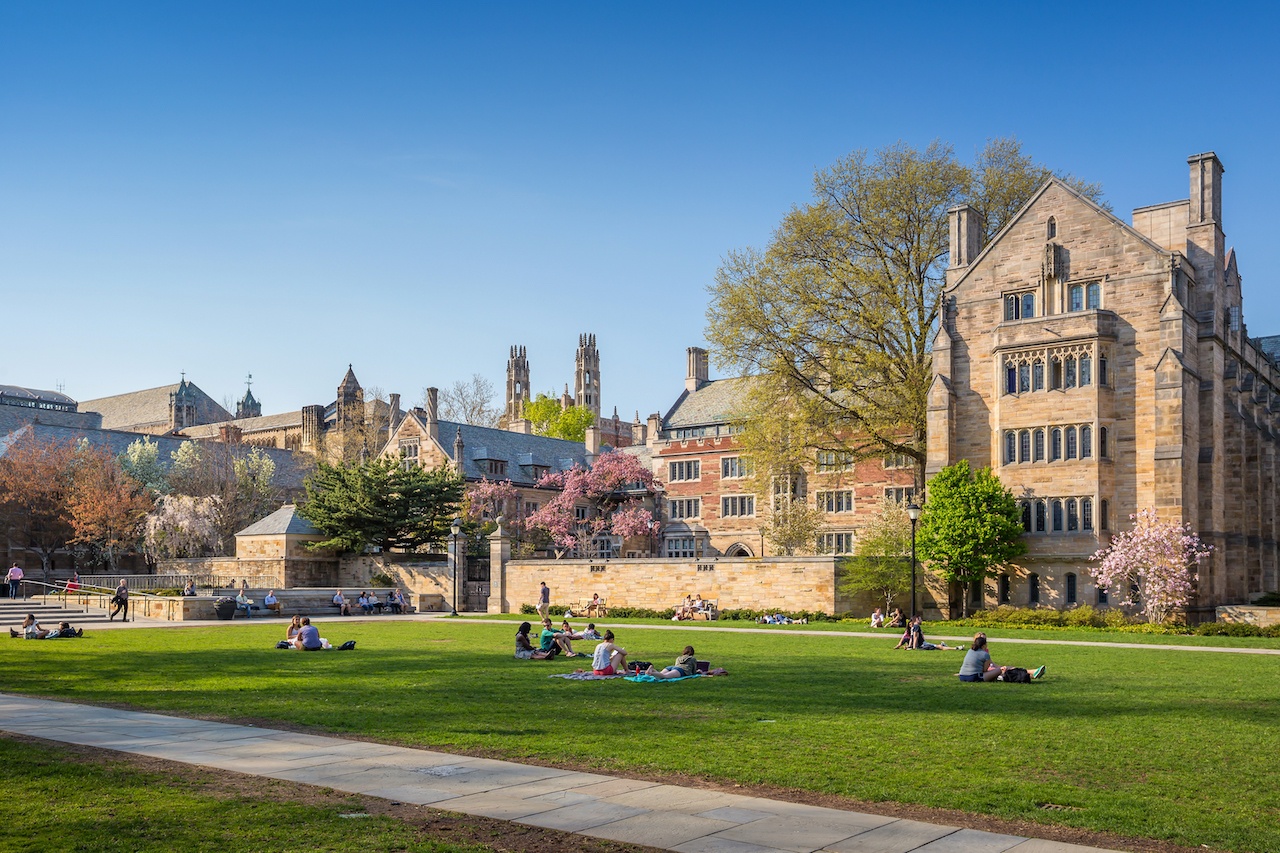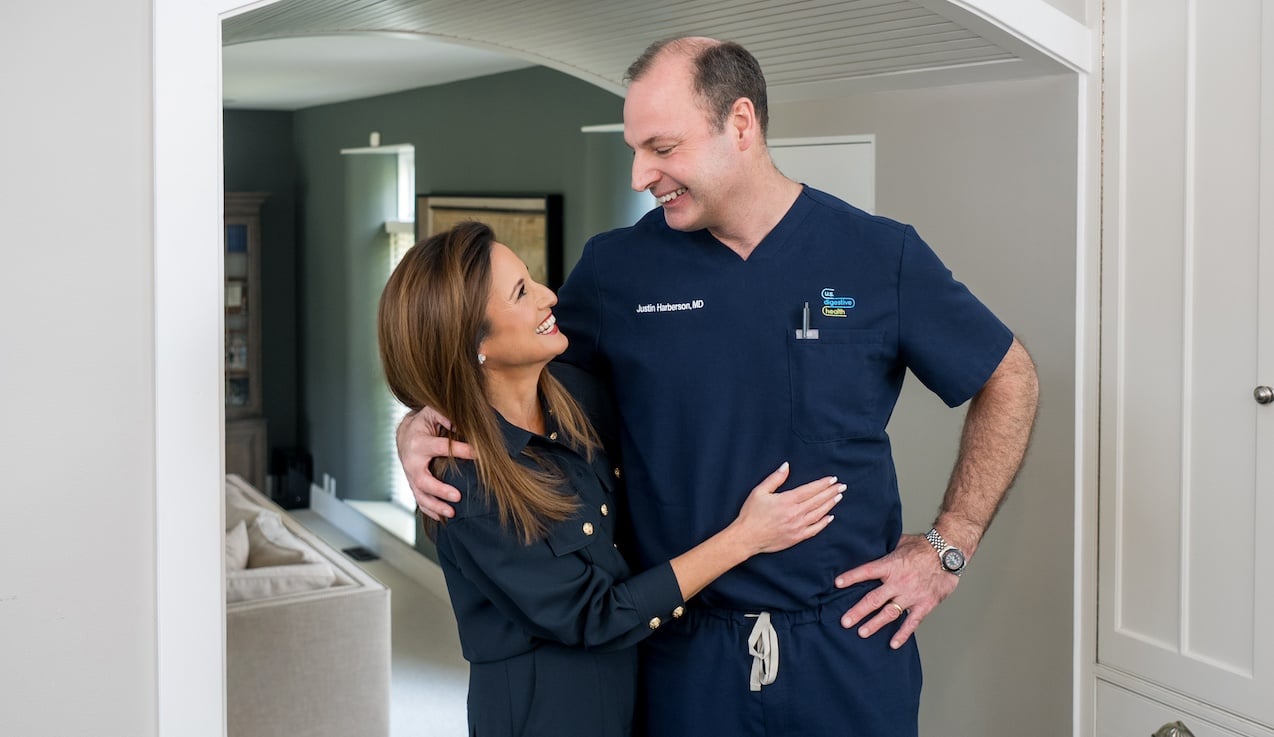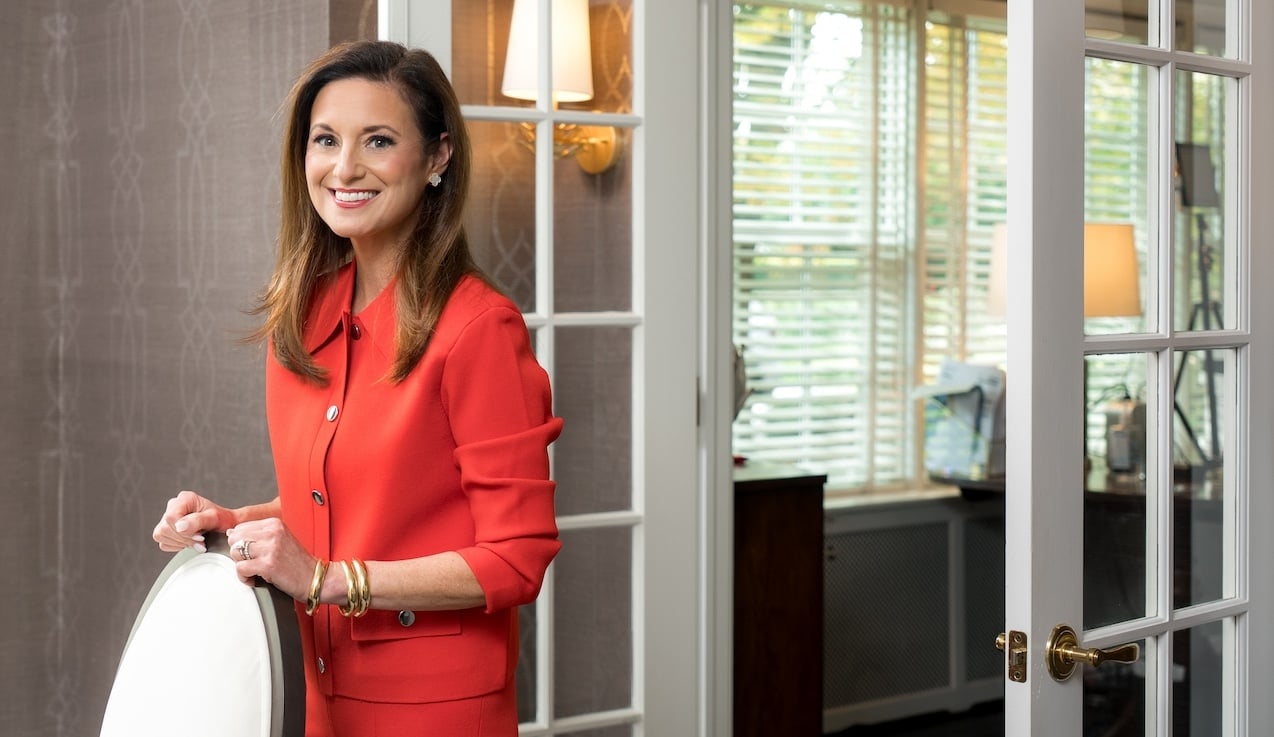It’s safe to say I’ve visited a lot of colleges. I’ve sat through dozens of information sessions and walked the campuses of institutions from Maine to California. As a senior, I’m making my last stops as admissions deadlines (terrifyingly!) grow ever nearer.
Throughout this process, I’ve learned just how important visits can be. At the beginning of my journey, I had absolutely no clue where I wanted to go to college, so I did extensive online research. I combed through the websites of individual colleges, scoured the U.S. News lists, and read internet forums written by students of various universities. In what was probably a moment of weakness, I even bought a book thicker than my torso that provided details on nearly every institution of higher learning in America.
These resources were great, and really helped me decide where I wanted to visit — but often, that’s about all they were useful for. The thing is, every school has a unique vibe that’s nearly impossible to glean from websites and internet reviews. Visiting is, in many ways, the only surefire method of judging a school. By seeing a campus in person and talking to current students, it becomes clear whether a college is the right fit — or not so much.
My visiting experiences have been exceedingly helpful in whittling down my list of potential schools. One liberal arts college outside of Los Angeles, a favorite from my online browsing, ended up dropping off of my list after I visited. It was a great school, but visiting made me realize that it was too small and not urban enough for my preferences. Some other schools, which I’d decided to visit simply because they were close by, became unexpected frontrunners. If I hadn’t toured the colleges that I did, the list on my Common Application would no doubt look very different right now.
When you do visit colleges, it's best to keep these things in mind to help you accurately assess each school:
1. Do the students seem friendly? Are they people you would want to hang out with?
The student body of a school has a lot to do with its overall vibe. Talk to as many students as you can to get a feel for the college’s overall culture. Whenever possible, eating lunch in a school’s dining hall is a fantastic way to interact with current students. On one visit, I ate with two football players (not even my sport) and in less than an hour learned about everything from academics and clubs to housing and the social scene.
2. Would you be happy spending four years on the campus?
It’s important to consider whether you’d be happiest on an urban, suburban, or rural campus. If you’re planning on leaving campus frequently during the school year, think about the school’s accessibility. If the architecture and aesthetics of a campus matter to you, take them into account. Determine whether or not the campus is compatible with your interests (I love running, so the trails I found at one school really spoke to me). Climate is always something to think about, especially if you're visiting during the summer. Keep in mind that a school in Vermont will look very different in February than it does in August. If flip-flops and board shorts are your go-to, the snow boots and parkas of New England winters may not be for you! Most importantly, ask yourself if the campus feels like home.
3. Is the school strong in the field(s) you’re interested in?
Make sure the colleges you look at offer programs in the fields that interest you — if they don’t, perhaps you should look elsewhere. If you’re not sure what you want to do, a liberal arts college might be a good fit for you. I’m absolutely clueless about what I want to do with my future, so a school that offers a variety of options was very important to me.
And most importantly…
4. TRUST YOUR GUT!!!
Gut feelings almost always steer you the right way. If something doesn’t feel right about a college, think twice! If it feels great, apply!
While college tours and information sessions themselves are free, visiting a large number of colleges is not financially viable for some people due to travel costs. If this is the case for you, many colleges now offer virtual tours on their websites. While these don’t fully convey the vibe of a school or let you talk to students, they do provide a detailed look at the campus that can be very helpful in making application decisions. It’s also totally cool to contact an admissions representative if you have any questions!
Best,
John Fulton












